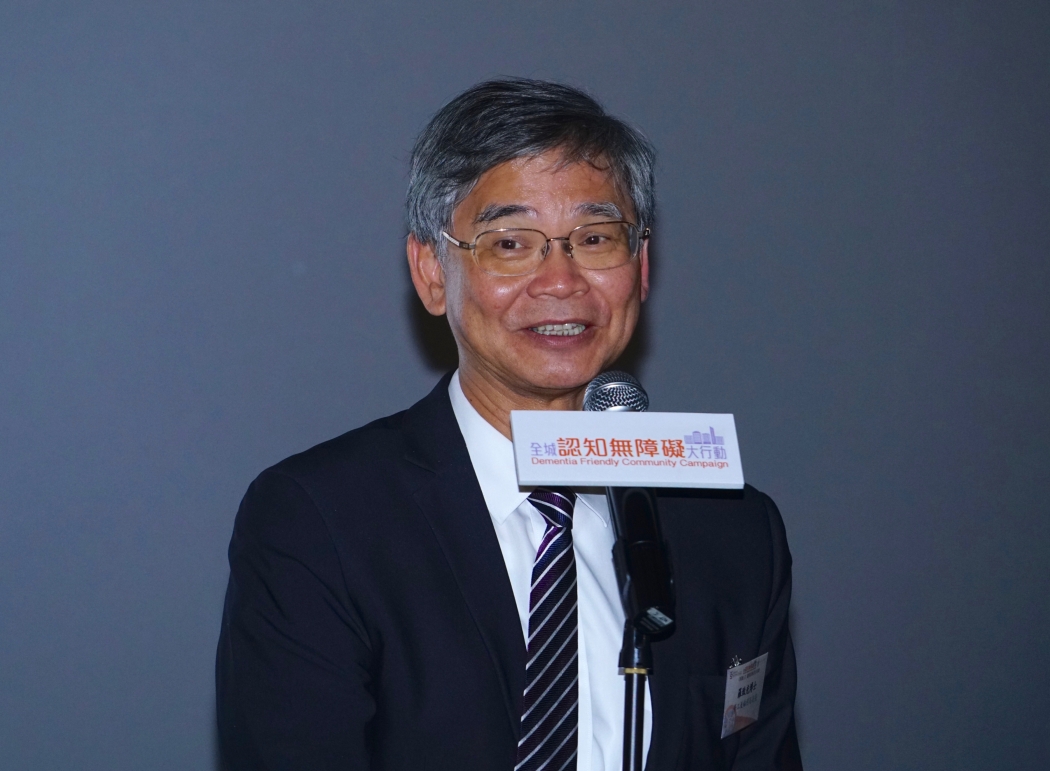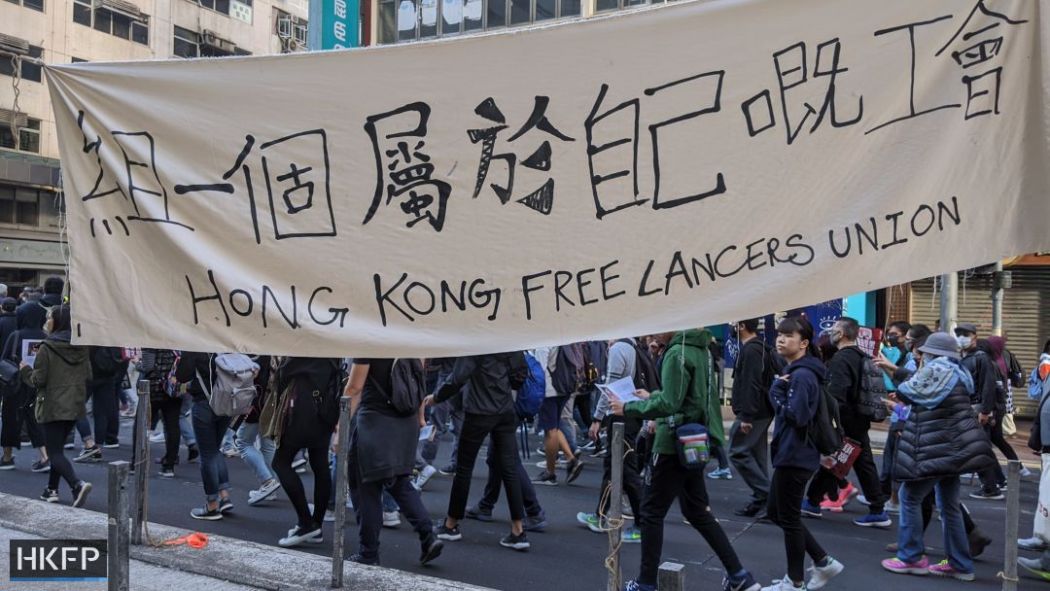Hong Kong’s Labour Department is responsible for enforcing the national security law among the city’s trade unions, Secretary for Labour and Welfare Law Chi-kwong has said.
In a blog post published on Sunday, Law said trade unions are counted among the “community organisations” mentioned in Article 9 and 10 of the national security law. It states that the government should reinforce the education and monitoring of these organisations on matters of national security.

The Labour Department will educate and give guidance to trade union committee members and their staff “to promote their knowledge of national security and relevant regulations,” the blog post read.
The department will also “monitor and manage” unions in accordance with the Trade Unions Ordinance. They may face de-registration if they are found to be in violation.

The blog post also described how the department saw a “tsunami-style” increase in union registration applications, with 4,289 new applications during 2020 in the wake of the 2019 pro-democracy protests.
Last, Beijing inserted national security legislation directly into Hong Kong’s mini-constitution – bypassing the local legislature, criminalising subversion, secession, foreign interference and terrorist acts. But the move also gave police sweeping new powers, alarming democrats, civil society groups and trade partners, as such laws have been used broadly to silence and punish dissidents in China.
Post-2019 union drive
Last Friday, the Labour Department submitted a document to the legislature seeking to create a new position of chief labour officer, who will be responsible for managing the city’s trade unions – including their compliance with the security law, Apple Daily reported.
Some pro-democracy unions called for multiple general strikes during the 2019 Hong Kong protests, demanding the withdrawal of the China extradition bill. Protesters blockaded the city’s traffic arteries in an effort to stop people from travelling to work in August and November 2019, during periods which often ended in intense police-protester clashes.

During the protests and unrest, pro-democracy activists called upon Hongkongers to register for new unions in an effort to qualify as institutional voters to elect members of the legislature and the city’s chief executive. The drive was also intended to help sustain the movement beyond 2019.
A warning to unions
On Sunday, pro-democracy trade union groups called Law’s statement a move to intimidate the city’s labour movements.
“It is actually a warning or even an [act of] intimidation to unions in the city,” a spokesperson for the pro-democracy Union’s Alliance – whose member groups called for some the 2019 protests – told HKFP. “The right to form labour unions is protected by the Basic Law and the Hong Kong Bill of Rights – we again call for the government to respect this right, which is also enshrined in the national security law’s Article 4.”
Hong Kong Confederation of Trade Union Chief Executive Mung Siu-tat said Law’s blog post suggests that the government is seeking to restrict unions that participate in political activities, or which hold opposing views to the governments’.

“I think unions set up in the 2019 movement looking to participate in demanding for democracy, or to fight for Hongkongers’ freedoms, are within what unions should do. These should not be considered a danger to national security,” Mung told HKFP.
“The worry is whether doing what unions have always done — such as criticising government policies, organising industry strikes, or connecting with international unions — would be deemed as violations leading to a union to be banned,” Mung said.
“This certainly will hinder workers who wanted to set up unions, [who would] worry that organising a union would step on a red line or unwittingly step on a landmine,” he said.
“It also raises the concern that unions will face a political urge. Are they trying to copy what the mainland is doing, which is strict control over unions? As we know, the mainland only has officially-approved unions, where unions cannot be formed freely,” Mung said.
Support HKFP | Policies & Ethics | Error/typo? | Contact Us | Newsletter | Transparency & Annual Report | Apps
Help safeguard press freedom & keep HKFP free for all readers by supporting our team
























